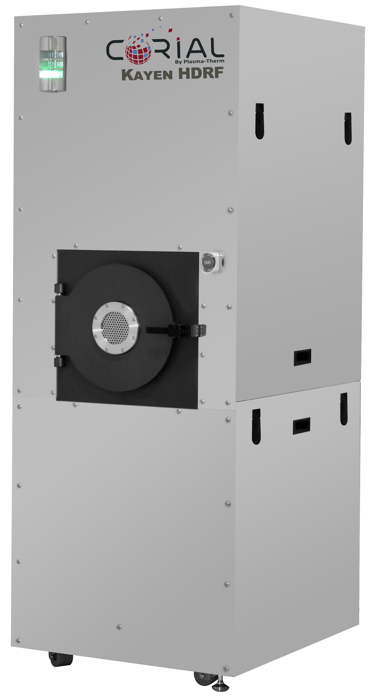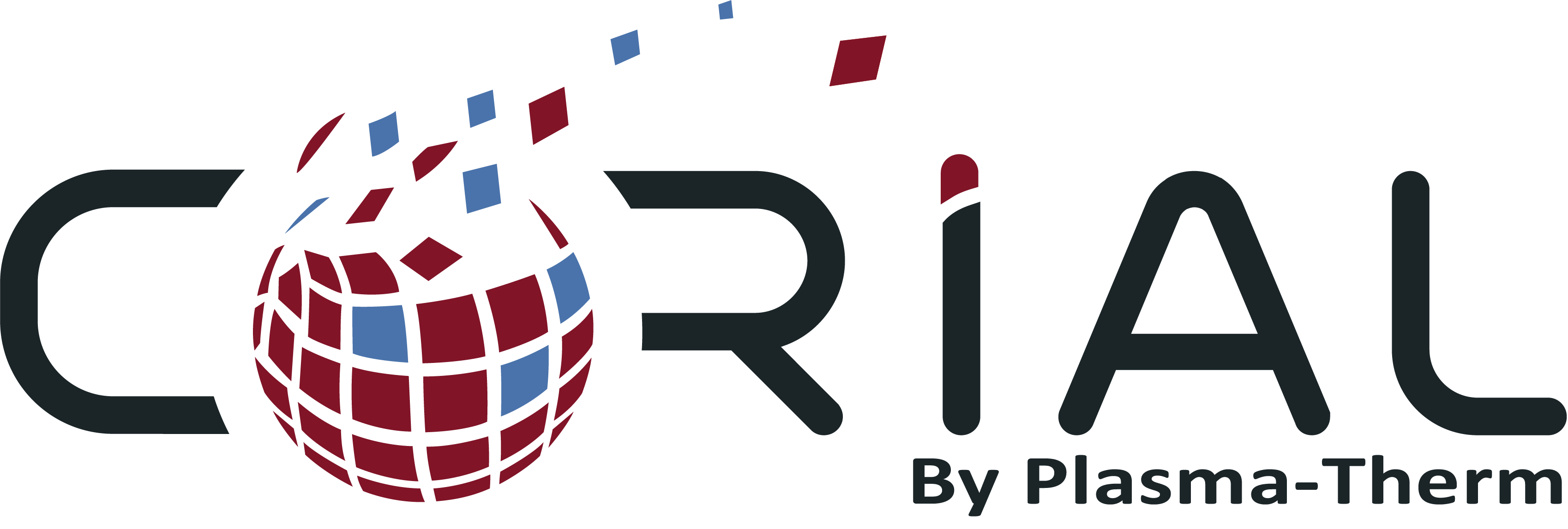
Kayen HDRF®
Kayen HDRF is a unique plasma-based system for photoresist removal and wafer surface treatment. It’s the most efficient and cost-effective system available for microelectronics manufacturing today.
Unlike conventional photoresist strip systems, we utilize High-Density Radical Flux (HDRF) technology which produces high concentrations of reactive radicals, without charged particles or unwanted photons. This chemical (non-physical), non-damaging plasma is ideal for conventional and low-temperature applications.
Kayen HDRF™ is designed for batch processing and is easily reconfigured for single wafers.
Primary Applications
- Low-temperature (50˚C to 150˚C) photoresist removal
- High-rate (150˚C to 250˚C) photoresist removal
- Surface organic cleaning
- Sacrificial polymer release for MEMS devices
Benefits
- Non-physical, non-damaging HDRF™ plasma technology capable of low-temperature processing
- High strip rates with conventional process parameters
- Single-sided or dual-sided processing
- Small system footprint
- Economical
Key Features
- HDRF™ ICP plasma source delivers high-density, damage-free plasma
- 13.56MHz RF package with automatic impedance-matching network
- Heated, barrel-style process chamber
- High-conductance vacuum train with VAT™ throttle valve
- Up to five gas channels (two included) with digital MFCs
- Manual loading and easily configurable for single-substrate and multi-substrate processing
Wafer Specifications
|
Wafer Mode |
HDRF™ |
|
Single-Wafer Mode |
50mm (2”) to 200mm (8”) |
|
Multi-Wafer Mode |
50mm (2”) to 200mm (8”) |
Control System
- Plasma-Therm proprietary Cortex® control system with industrial PC-based architecture
- Touchscreen-compatible, SEMI-standard (E-95) graphical user interface
- Comprehensive process parameter charting (real-time and post-processing)
- Real-time process data display
- Factory automation (SECS/GEM) host interface (optional)
- Integrated recipe editor with step and tabular views
- Per-user access control for menus, screens, commands and recipes
- Auto logging of alarms, jobs, calibration, and resource usage
Standard Options
- Optical emission spectroscopy (OES) endpoint detection
- Water vapor delivery system





